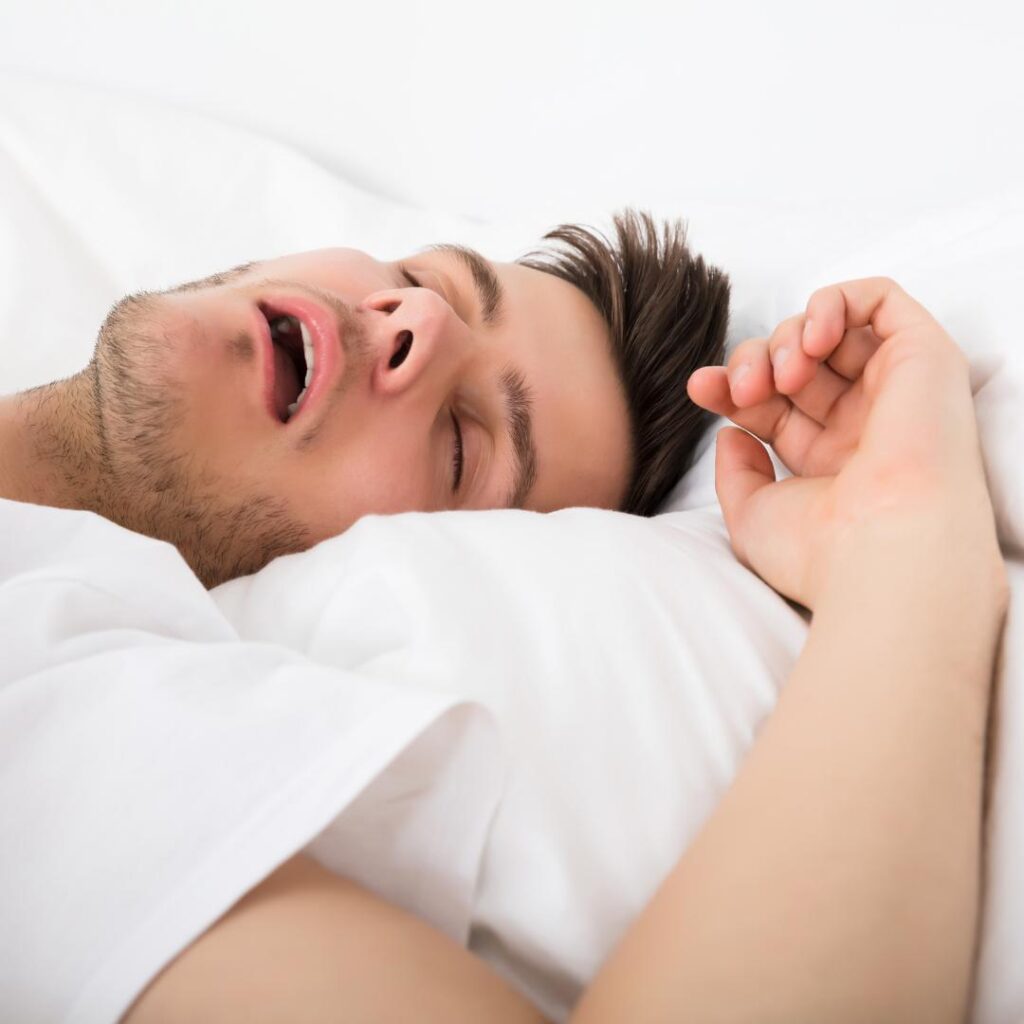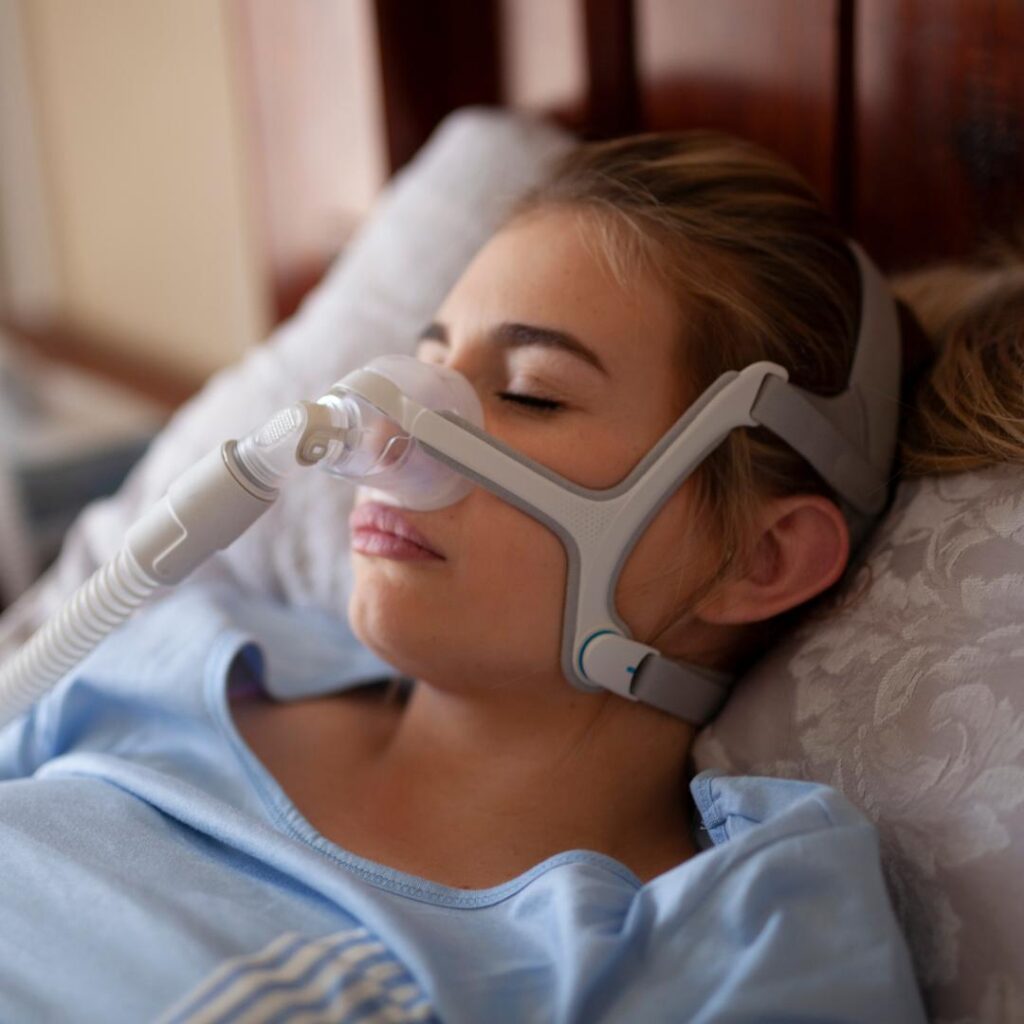Essential Things You Need To Know About Sleep Apnea In Singapore

If you or someone you know suffers from sleep apnea, then you understand how debilitating this condition can be. Sleep apnea affects millions worldwide and is a severe health condition that requires proper diagnosis and treatment. The following are five crucial things you need to know about sleep apnea in patients around Singapore.
What is Sleep Apnea?
Sleep apnea is a sleep disorder that causes an individual to stop breathing during sleep. This condition occurs when the airway becomes blocked or partially obstructed, causing a person to stop breathing for a few seconds or up to a minute. Loud snoring or gasping for air often accompanies breathing when it resumes. These interruptions can occur hundreds of times a night, leading to poor sleep quality and daytime fatigue.
Two main types of sleep apnea found in patients around Singapore and worldwide are Obstructive Sleep Apnea (OSA) and Central Sleep Apnea (CSA). OSA is the more common form and occurs when the muscles in the throat relax, causing the airway to narrow or collapse. CSA is less common in patients. It often occurs when the brain fails to signal the muscles to breathe.
Who is at Risk for Sleep Apnea?
Sleep apnea affects patients in Singapore from all walks of life. However, certain factors increase the risk of developing the condition. These factors include:
- Obesity or being overweight
- Having a large neck size
- Smoking or using tobacco products
- Family history of sleep apnea
- Chronic nasal congestion
- Ageing – sleep apnea is more common in people over the age of 40
Men are also more likely to develop sleep apnea than women, although the risk for women increases after menopause.
How is Sleep Apnea Diagnosed?
If you suspect that you or someone you know has sleep apnea, the first step is to visit a doctor or sleep specialist. The doctor will perform a physical exam and may order additional tests for appropriate sleep apnea treatment at a clinic in Singapore, such as a sleep study or polysomnography.
A sleep study involves monitoring an individual’s sleep patterns and breathing during the night. You can do the sleep study at a sleep clinic or at home using a portable monitoring device. The sleep study results can help the doctor determine if an individual has sleep apnea and the severity of the condition.

Treatment Options for Sleep Apnea
Sleep apnea treatment for patients in Singapore depends on the severity of the condition. For mild cases, lifestyle changes such as weight loss, quitting smoking, and avoiding alcohol and sedatives can help alleviate symptoms.
For moderate to severe cases, the doctor may recommend one of the following snoring treatments to patients in Singapore:
- Continuous Positive Airway Pressure (CPAP)
- Bi-level Positive Airway Pressure (BiPAP)
- Oral Appliances
- Surgery
The Risks of Untreated Sleep Apnea
Untreated sleep apnea in patients around Singapore can lead to various health complications, including:
- High blood pressure
- Stroke
- Heart disease
- Diabetes
- Depression and anxiety
- Memory problems and cognitive impairment
Daytime fatigue and drowsiness can increase the risk of accidents and injuries. If left untreated, sleep apnea in patients around Singapore can also worsen existing health conditions and reduce the effectiveness of specific treatments, such as medications for high blood pressure.
Sleep apnea is a severe condition that affects millions of people worldwide. If you or someone you know is experiencing sleep apnea symptoms, seek medical attention and get a proper diagnosis.
It is also important to note that while some lifestyle changes, like weight loss and quitting smoking. It can help alleviate sleep apnea symptoms, but they may not be enough to eliminate the condition. Work closely with a doctor or sleep specialist to find the right treatment plan. Visit Dr Dennis Chua’s website to learn about his Paediatrics ENT clinic and its services.

